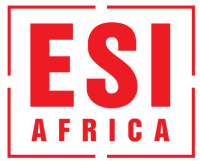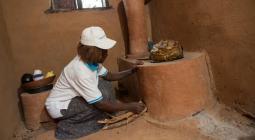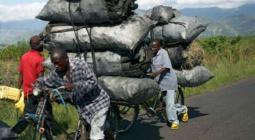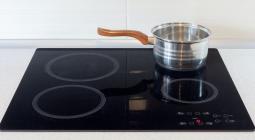More bankable clean cooking technologies projects needed in Rwanda
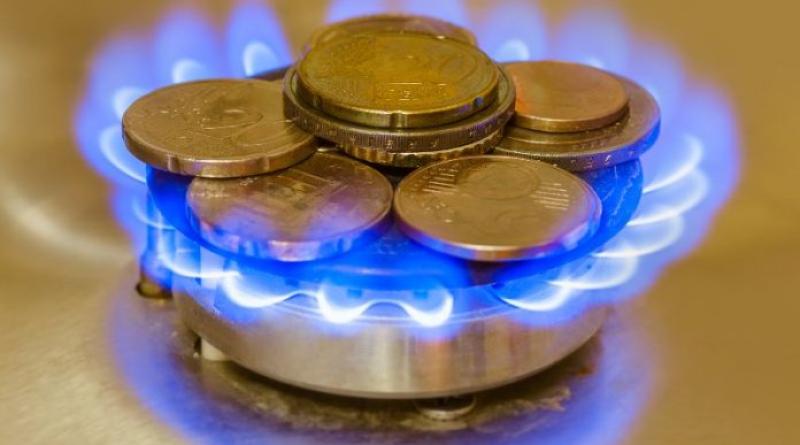
A lack of bankable projects from producers of clean cooking technologies could undermine clean targets set by Rwanda.
Experts have said that even though Rwanda seeks to reduce the percentage of households using wood fuel for cooking, from 79.9% in 2017 to 42% by 2024, the lack of bankable projects by the producers of cleaning cooking technologies is a major obstacle.
The government in Rwanda plans to partner with the private sector to facilitate a competition-based development of markets for clean-cooking products and technologies. This will be based on the new Biomass Energy Strategy (2019-2030) developed by the Ministry of Infrastructure.
The Rwanda Energy Access and Quality Improvement Project (EAQIP) wants to increase access to clean cooking solutions for 500,000 households with about 2.1 million people. The $20 million project financed by the World Bank seeks to subsidise purchases of clean and efficient cooking solutions by eligible households.
According to Philbert Dusenge, a project coordinator in the Rwanda Development Bank (BRD), the package aims to replace use of firewood in rural areas, and charcoal in urban areas, by introducing more efficient clean cooking stoves.
Money will be given to local producers to improve their product design and quality. Innovation grants will be provided through a competitive process to encourage innovative technologies, business and financing approaches. However, Dusenge said, producers need training when it comes to validating bankable projects that would be able to access finance.
Introducing clean cooking technologies could lower pressure on Rwanda’s forests
Theophile Dusengimana, the environmental and climate change policy specialist at the Ministry of Environment, said highly efficient stoves required on the market can reduce fuel use by 30-60%, lowering pressure on forests and climate-harming emissions.
“Rwanda seeks to become a carbon-neutral and climate resilient economy by 2050,” Dusengimana said. He noted that increasing access to clean cooking energy technologies equally calls for increased investments.
Dusengimana said by 2030 they hope 80% of the rural population and 50% of urban dwellers will be using efficient cook stoves.
For biomass replacement, he said, there is a need to create opportunities to invest in biomass replacement and cause or accelerate transition to sustainable biomass value chains. Up to $1.37 billion total investment is needed by 2030 to achieve the government target of reducing charcoal use from 83% to 42% of population, Dusengimana said.
In rural areas there is a need for improved or efficient cook stoves that use firewood, briquettes and pellets as well as biogas and cooking gas. In urban areas and the commercial food industry there is a need for cooking gas, electricity and improved cook stoves that use pellets, wood and green charcoal.
Making clean cooking more affordable through government subsidies
Gas, electricity, improved institutional stoves and biogas are needed in public institutions while the processing and production sector (tea and brick factories) should use gasifiers, Dusengimana pointed out.
The $20m project bankrolled by the World Bank could help address the affordability of clean cooking technologies.
“The Rwanda Green Fund (FONERWA) will support the clean cooking transition and prioritise investments according to their ability to increase access to clean fuel, improve consumer safety and support decarbonisation,” Dusengimana said, making a case for government subsidies for clean cooking technologies.
The private sector and development partners are key players in Rwanda’s development. As such, Dusengimana noted their increased role in promoting clean cooking is very important: “They have to develop competitive project proposals to tap into opportunities in Rwanda’s green fund (FONERWA) as well as other funding sources.”
Capacity building for cleaning cooking technologies
Serge Muhizi, a project analyst at an association of private energy private developers, said about 40 members were trained on investing in clean cooking technologies and how to easily access finance, as reported the New Times in Rwanda.
“There are over 130 companies in the association and the number keeps increasing. So, they should invest in cleaning cooking technology to help the government meet the 2024 targets. But they need the capacity to know how to do it. We are training them on how to design bankable projects to be financed by banks such as BRD and other sources of funding,” he said.
Muhizi said such firms need to increase the quality of clean cooking solutions that require funding. “The clean cooking products are still expensive. The $20m invested by the government to subsidise the cost is timely,” Muhizi said.
Adeline Icyimpaye, an engineer at Munyax Eco Ltd, a distributor of solar power, said they are also on course to invest in cleaning. However, she said, they need money to be able to scale up cleaning cooking solutions.
Icyimpaye said: “We need skills to produce quality products. But financial constraints are still a challenge. To access climate finance, it requires meeting the criteria including bankable proposals.”
“We came up with a clean cooking solution that uses electricity. Those who will buy stoves that use electricity will be paying in installments. We expect the $20m initiative to finance our project but first, we need skills,” said Jean Claude Daddy Sekanyambo, the Business Development Manager at Solektra Ltd, a company that is developing a clean cooking project.
Image credit: Violin@123rf.com
